Law Affairs Adviser Dr. Asif Nazrul stated on Saturday that the interim government plans to step down after holding the much-anticipated election, which will be preceded by essential reforms agreed upon through political consensus.
These reforms are deemed crucial for conducting a free and fair election in Bangladesh. "I want to emphasize that we have no intention of staying in office unnecessarily or wasting time. There is no ambiguity about this," Dr. Nazrul said during a media briefing at the Foreign Service Academy in the evening. He highlighted the key recommendations made by the six reform commissions.
Chief Adviser's Press Secretary Shafiqul Alam and Deputy Press Secretary Abul Kalam Azad Majumder also attended the briefing. The interim government has received full reports from the six reform commissions, which have been made available online. These commissions include-- Electoral System Reform Commission, led by Dr. Badiul Alam Majumdar, Police Administration Reform Commission, led by Sarfaraz Hossain, Judiciary Reform Commission, led by Justice Shah Abu Naeem Mominur Rahman, Anti-Corruption Reform Commission, led by TIB’s Dr. Iftekharuzzaman, Public Administration Reform Commission, led by Abdul Muyeed Chowdhury, Constitution Reform Commission, led by Distinguished Prof. Ali Riaz of Illinois State University
In response to a question, Dr. Nazrul confirmed that they plan to engage in discussions with political parties by mid-February. "I have mentioned before, even if they agree, the discussions will continue through the holy month of Ramadan," he said.
Dr. Nazrul acknowledged that political parties have the right to call for swift elections but pointed out that they have not clarified what they mean by "quick." He reiterated that the Chief Adviser and his Press Secretary have made it clear that elections are expected either by December this year or by June 2026.
However, the Adviser suggested that elections might take place even earlier, depending on the monsoon season. "It could be in April, maybe in March. We’ve been clear about this from the very beginning," he stated.
Regarding the July declaration, Dr. Nazrul mentioned that the BNP had prepared a declaration that would be finalized based on input from their alliance partners. The declaration would then be discussed with student leaders.
"Our student leaders are showing great restraint, patience, and tolerance," Dr. Nazrul said. "I hope that everyone involved in the July mass uprising will accelerate this process."
He emphasized that the July declaration is a document of unity, not a legal document, and is meant to reaffirm the solidarity of the parties involved.
When questioned about recent incidents, Dr. Nazrul reiterated the interim government's commitment to tolerance, freedom of expression, and democratic practices.
On February 6, Dr. Nazrul confirmed that the national consensus-building commission, led by Chief Adviser Prof. Muhammad Yunus, would hold its first dialogue with political parties and forces supporting the July Uprising's reform initiatives in mid-February.
The meeting will be chaired by the Chief Adviser at the Foreign Service Academy, and heads of the six reform commissions will also be present.

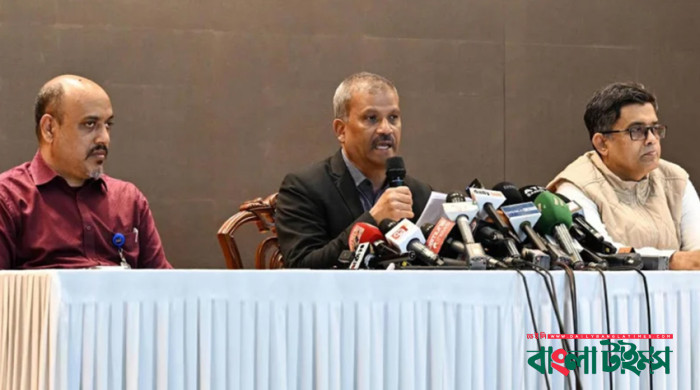

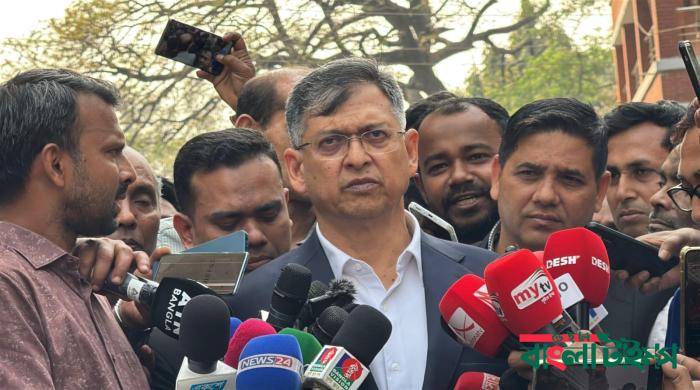
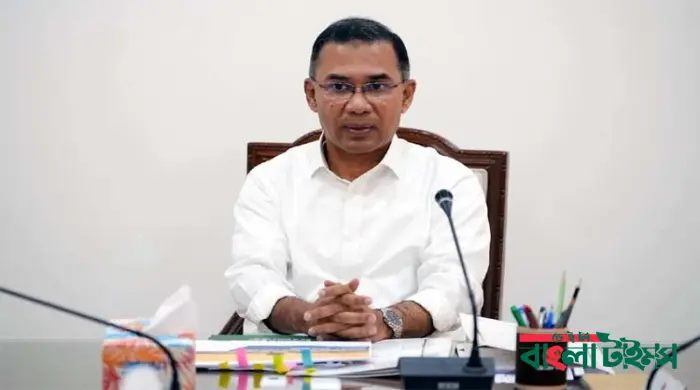
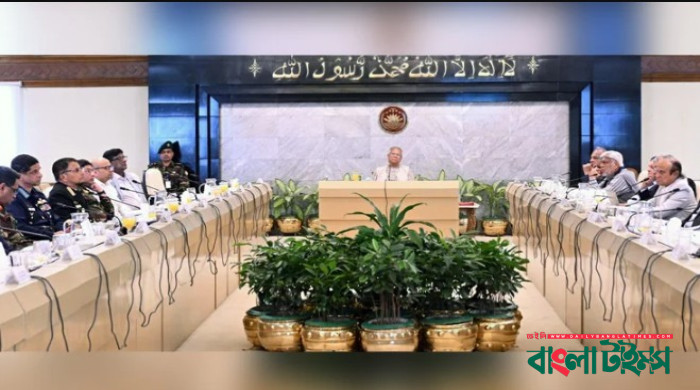
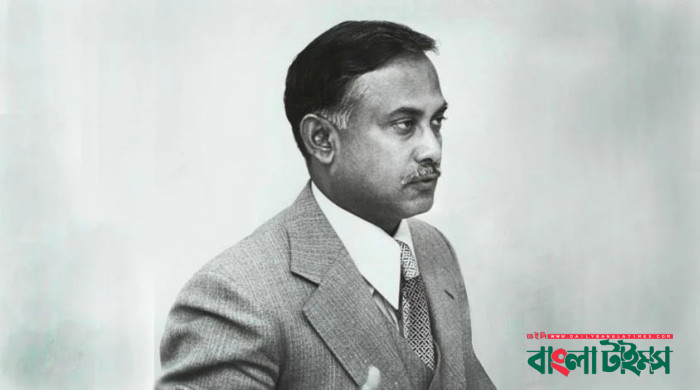
.jpeg)



Leave a comment
0 Comments